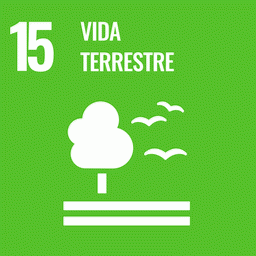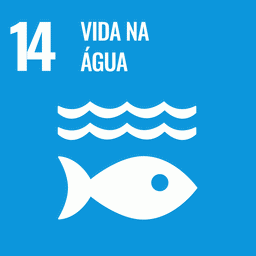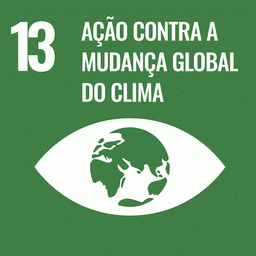Water quality in streams is determined by several factors, including geology, topography, climate, and anthropogenic changes. This study aimed to assess the effects of watershed physical, morphology, and precipitation seasonality on the water quality of two streams that supply drinking water to rural settlements and urban areas in the Cerrado-Amazonia transition region. We monitored 16 physico-chemical attributes of water at six different sample locations over three years (2013–2016). Our results indicate that eight of these physico-chemical attributes did not meet the standards for safe drinking water established by Brazilian legislation. Precipitation seasonality, degradation of riparian zones, stream length, and watershed slope were the most important predictors of impaired water quality. Our results highlight the importance of restoring and conserving riparian forests in order to maintain drinking water quality.
Desenvolvimento Territorial – Diretrizes para a região da BR-163
Consiste em uma série de artigos acadêmicos produzidos no âmbito do Projeto Diálogos por pesquisadores membros das instituições que compõem o consórcio (WWF-Brasil, Instituto Centro de Vida (ICV), Centro de Cooperação Internacional em Pesquisa Agronômica para o Desenvolvimento (Cirad), Instituto de Pesquisa Ambiental da Amazônia (IPAM) e Centro de Desenvolvimento Sustentável da Universidade de Brasília (CDS/UnB).


